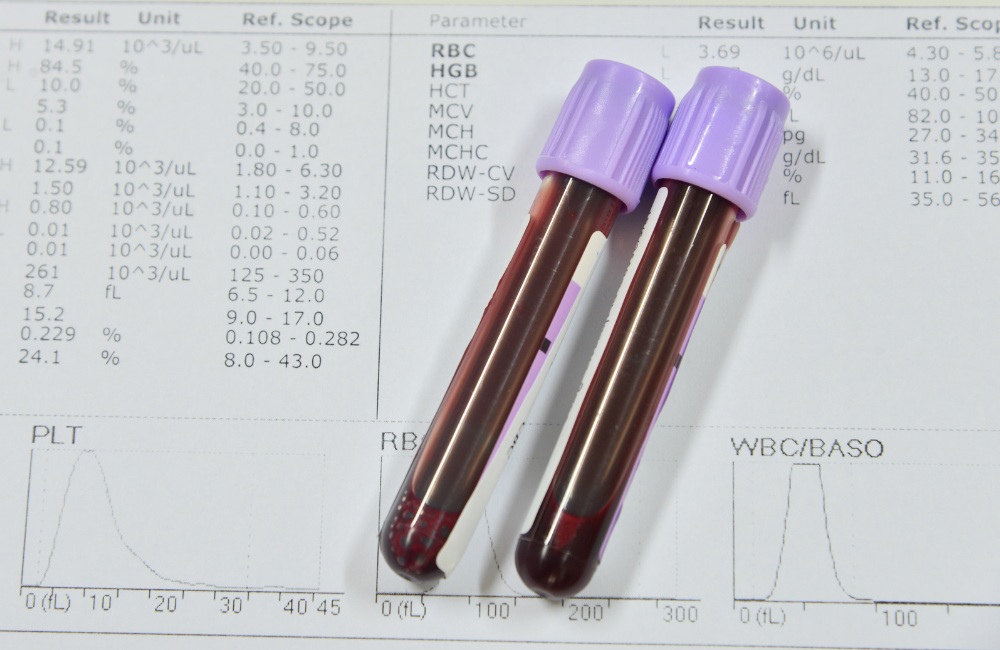Unlocking the Shades: Understanding the Significance of Urine Color
Have you ever taken a moment to ponder the color of your urine? Probably not. But you might be surprised to learn that the shade of yellow you see in the toilet bowl can reveal a lot about your health. While it’s not a topic we often discuss, urine color is a crucial indicator of your body’s well-being. So, let’s embark on a colorful journey through your body’s liquid clues and uncover the secrets that your urine holds.
Table of Contents
ToggleThe Basics of Urine Color
What gives urine its color? – The color of your urine is primarily determined by the presence of pigments, such as urochrome.
The role of pigments in urine – Urochrome, a yellow pigment, is responsible for the baseline color of urine.
Shades of Yellow: What’s Normal?
The range of normal urine colors – From pale straw to deep amber, urine can vary in shades of yellow.
What factors influence the shade of yellow? – Hydration, diet, and medications can impact the color of your urine.
Clear as Water: When Should You Worry?
Clear urine: Is it always a good sign? – While clear urine can indicate proper hydration, it’s not always a positive sign.
Hydration levels and their impact on urine color – How your water intake affects the color of your urine.
Clear as Water: When Should You Worry?
Clear urine: Is it always a good sign? – While clear urine can indicate proper hydration, it’s not always a positive sign.
Hydration levels and their impact on urine color – How your water intake affects the color of your urine.
The Ideal Pale Straw: Sign of Good Health
Why pale straw is often considered ideal – Pale straw-colored urine is typically a sign of a well-balanced diet and hydration.
How it reflects a balanced diet and hydration – The link between urine color and overall health
The Ideal Pale Straw: Sign of Good Health
Why pale straw is often considered ideal – Pale straw-colored urine is typically a sign of a well-balanced diet and hydration.
How it reflects a balanced diet and hydration – The link between urine color and overall health
Amber Alert: Dehydration Danger
Dark yellow or amber urine: What it indicates – Understanding the warning signs of dehydration through urine color.
Steps to combat dehydration and improve urine color – Practical tips to stay hydrated and maintain a healthier urine hue.
Going Green: Unraveling the Mystery
When is green urine a cause for concern? – Exploring the rare instances when urine takes on a green tint.
Dietary factors and medical conditions linked to green urine – Discover what might be behind this unusual color change.
Red Flags: The Alarming Red Urine
Causes of red or pink urine – Investigating the potential reasons for seeing red in the toilet.
Distinguishing between benign causes and potential health issues – How to differentiate between harmless red urine and a sign of a medical problem.
Seeing Orange: Is It Time to Worry?
The significance of orange urine – When orange urine might indicate a health issue.
Connection between certain foods, medications, and orange urine – Understanding the influence of diet and medications on urine color.
Brown and Beyond: Investigating Dark Urine
When should you be concerned about dark brown urine? – Exploring the possible causes of dark urine.
Medical conditions associated with brown urine – Recognizing when dark urine might be a symptom of a more serious health condition.
Blue Urine: Fact or Fiction?
Myth-busting blue urine – Separating fact from fiction when it comes to the rare occurrence of blue urine.
Rare conditions and medications that may turn urine blue – Understanding the underlying causes of this unique hue.
Purple Haze: The Unusual Hue
Extremely rare cases of purple urine – Uncovering the extraordinary cases when urine turns purple.
Medical conditions behind this extraordinary color – What could be lurking behind the purple haze?
Diet and Urine Color: The Correlation
How diet impacts urine color – Discover the role of certain foods in altering urine hues.
Foods that can cause temporary color changes – A list of foods that may turn your urine into a surprising shade.
Medications and Urine Color: A Medicinal Palette
Medications that alter urine color – An exploration of drugs that can change the color of your urine.
What to expect when you’re on certain drugs – Knowing what to anticipate when you’re taking medication that affects urine color.
The Color Wheel of Health: Interpreting Your Urine
How to assess your own urine color – A step-by-step guide to evaluating your urine’s hue.
What your daily colors might be telling you – Understanding the potential health implications of your urine’s daily variations.
Conclusion: Listen to Your Liquid Clues
As we wrap up our colorful journey through urine, remember that paying attention to this often-overlooked aspect of your health can provide valuable insights. Your urine color can act as an early warning system, signaling potential health issues or confirming that you’re on the right track with your diet and hydration.
So, don’t flush away this liquid information. Keep an eye on your urine color, and if anything seems out of the ordinary, don’t hesitate to consult a healthcare professional.
FAQ’s
Yes, it can. Factors like hydration, diet, and medications can cause variations in urine color.
Not necessarily. While it can indicate proper hydration, excessively clear urine might also be a sign of overhydration.
Consult a healthcare professional. Persistent abnormal urine color may be a sign of an underlying health issue.
Yes, certain foods can temporarily change urine color. It’s usually harmless, but if it persists, it’s best to seek advice from a doctor.
Some medications can cause long-term changes in urine color, but it depends on the specific drug and individual reactions. Always consult your healthcare provider if you have concerns about medication effects on urine color.
Note: Remember, it’s always a good idea to consult a healthcare professional or registered dietitian before making significant changes to your diet, especially if you have any underlying health conditions or specific dietary requirements.
Book an Appointment
Recent Articles
-
 Full Body Checkup: A Complete Test List for Optimal Health02 Nov 2023
Full Body Checkup: A Complete Test List for Optimal Health02 Nov 2023 -
 Zerodol-SP Tablet: Power of Pain Relief and Inflammation Control30 Jun 2023
Zerodol-SP Tablet: Power of Pain Relief and Inflammation Control30 Jun 2023 -
 Glycerin for Face: A Game-Changer in Skincare?01 Sep 2023
Glycerin for Face: A Game-Changer in Skincare?01 Sep 2023 -
 7 Hacks to Lower Prolactin Levels Naturally27 Sep 2023
7 Hacks to Lower Prolactin Levels Naturally27 Sep 2023 -
 The Incredible Benefits of Eating Walnuts: Boosting Your Health One Nut at a Time29 Jun 2023
The Incredible Benefits of Eating Walnuts: Boosting Your Health One Nut at a Time29 Jun 2023

